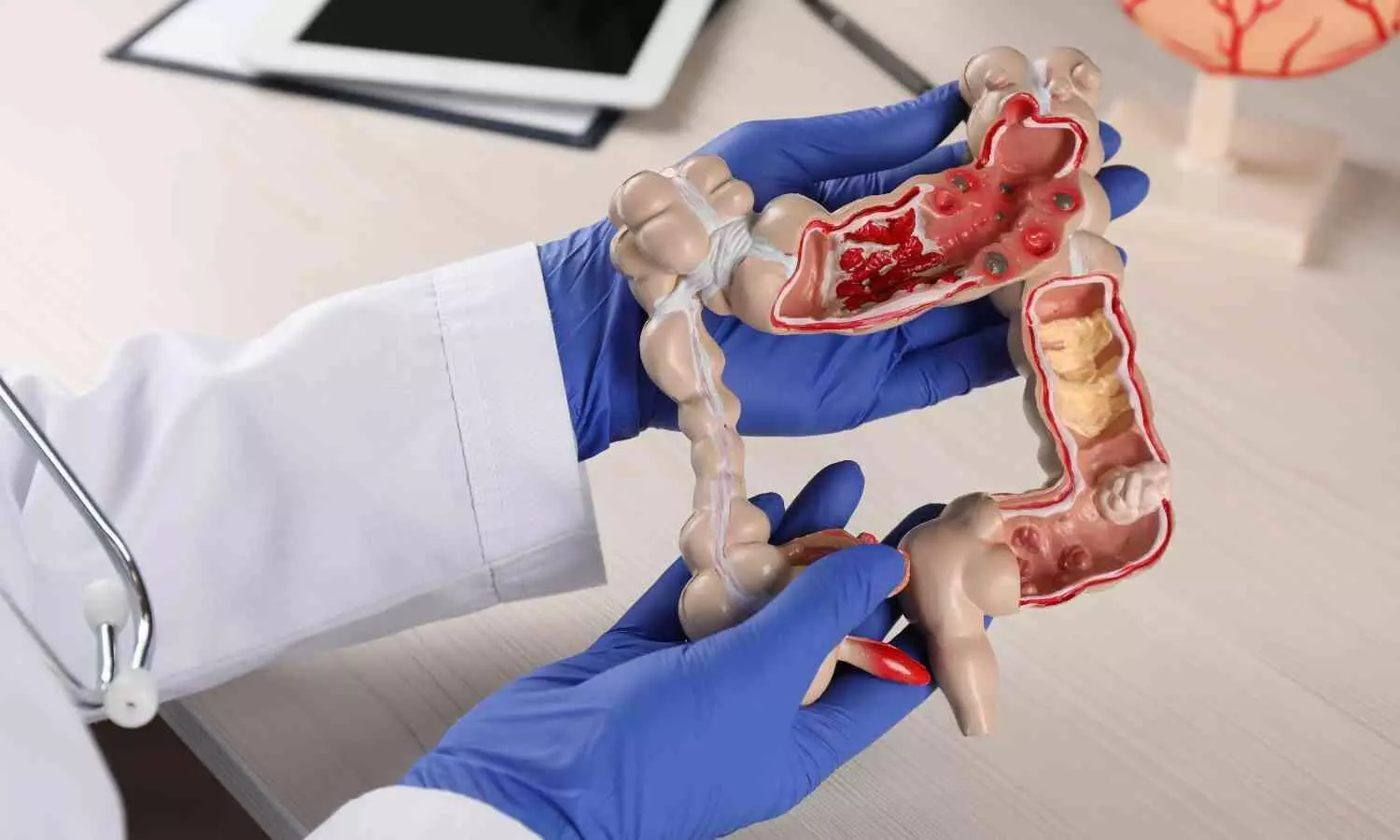Study Links p53 Gene Deficiency in Ulcerative Colitis to Early Colon Cancer Development

Colon Cancer
New Delhi: A recent study published in Science Advances has shed light on a crucial mechanism that links ulcerative colitis (UC) to the early stages of colon cancer development.
The research focuses on the role of the p53 gene, a well-known tumour suppressor, in regulating tissue repair after colonic injury. Researchers found that the loss of p53 can lock the epithelial cells of the colon in a regenerative state, which may contribute to chronic inflammation and potentially lead to cancer progression.
Ulcerative colitis is a chronic inflammatory bowel disease affecting millions worldwide, characterized by cycles of inflammation and mucosal damage in the colon.
This new study explored how the lack of p53, often seen in UC patients, impacts the regenerative process of the colonic epithelium.
“Our findings show that p53, which is typically activated during injury repair, is essential for terminating the regenerative state and restoring normal tissue architecture,” said Dr Kimberly Hartl, lead author from the Max Delbruck Center in Berlin.
Using mouse models and organoid-based systems, the researchers observed that epithelial cells lacking p53 remained in a proliferative, regenerative state, even after the initial injury had healed.
"Cells with a p53 deficiency displayed high glycolytic activity and persistent activation of Wnt and YAP signaling pathways," Hartl added, indicating a sustained regenerative state that can contribute to UC-related cancer.
The study's senior author, Dr Michael Sigal, explained the broader implications of this research: “In UC patients who are at high risk of cancer, targeting cells locked in this regenerative state could be a potential strategy for early intervention, even before malignant transformation occurs.”
Dr Sigal emphasized the need for further research to translate these findings into human applications, which could potentially involve non-invasive screening tools and targeted therapies.
The findings suggest that therapies aimed at inhibiting glycolysis could help disrupt this prolonged regenerative state, potentially preventing chronic inflammation and the progression to cancer.
“Our study not only highlights the critical role of p53 in terminating the regenerative process but also opens avenues for therapeutic strategies focused on restoring normal tissue function in UC patients,” said Dr Hartl.
The study highlights the complexity of UC-associated carcinogenesis and calls for a better understanding of how genetic mutations and chronic inflammation interplay in disease progression.
As the researchers point out, “The inability to return to homeostasis after injury due to the lack of p53 may be a key driver of cancer development in ulcerative colitis.”
This research marks a significant step forward in understanding UC's progression and offers a promising target for future therapies aimed at reducing the risk of colon cancer in patients with inflammatory bowel diseases.


